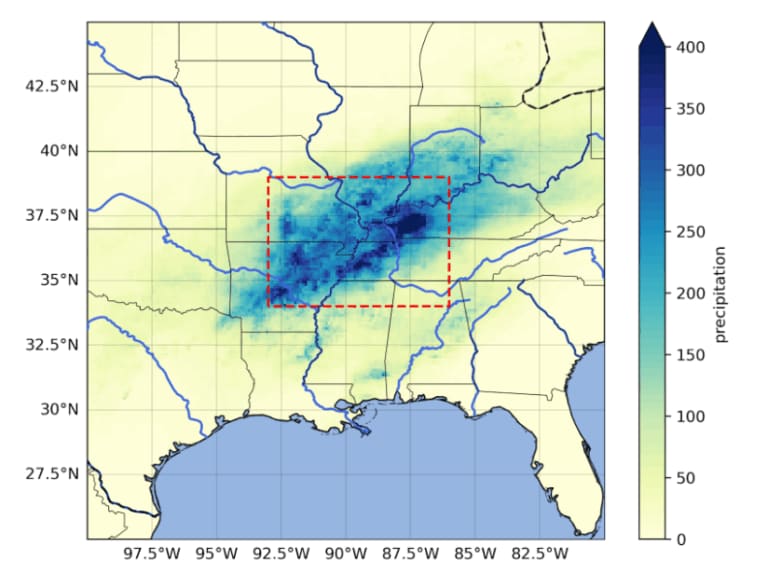New Pet Food Labeling Standards: What's New? Specialized News Column for Environmentalists and Environmentally Concerned Citizens On April 30, 2025, the Ministry of Agriculture, Food and Rural Affairs (MOFA) issued a notice of partial amendment to the ‘Standards and Specifications of Feed, etc.’, establishing separate labeling standards for pet food (dog and cat). This is an important change for consumers' right to know and fair competition in the industry, as the legal distinction between pet food and livestock food is not clear. The revision strengthens the responsibility of manufacturers and salespeople to prove each statement on the packaging of pet food. In particular, it requires the type of food (complete food/other food) to be labeled, the content to be labeled when emphasizing specific ingredients and functions, the product name to be strengthened, the responsibility of specialized retail salespeople to be expanded, and the labeling conditions to be subdivided into ‘...
Children born in 2020 will face 'unprecedented lifetime exposure' to climate extremes, and other nature and climate news
Children born in 2020 will face 'unprecedented lifetime exposure' to climate extremes, and other nature and climate news
1. Over 50% of children born in 2020 will face 'unprecedented lifetime exposure' to climate extremes
Heatwaves, droughts and wildfires.
More than half of the children born in 2020 and beyond will face 'unprecedented lifetime exposure' to these climate extremes.
That's according to a study published in Nature, which says this will be the case even if warming is limited to 1.5C above pre-industrial temperatures, as the Paris Agreement outlines.
The authors explain 'unprecedented lifetime exposure' as exposure so high that it has only a one-in-10,000 chance of happening in a pre-industrial climate.
 Today's youth will face conditions that older generations have never experienced.Image: Carbon Brief/Nature
Today's youth will face conditions that older generations have never experienced.Image: Carbon Brief/NatureThe research used a case study focused on Brussels to show that people born in 2020 will experience 11 heatwaves in their lifetime, even if the world does manage to meet the 1.5C warming target.
To illustrate the impact of human-induced climate change, the authors state that a person living in Brussels in a pre-industrial climate would experience three heatwaves in their lifetime.
The chance of facing unprecedented lifetime exposure to heatwaves is substantially larger among population groups characterized by high socioeconomic vulnerabilities, the study found.
0 seconds of 3 minutes, 25 secondsVolume 90%
2. Hawaii set to raise tourist taxes to fund climate relief
A first-of-its-kind legislation is one signature away from coming into law in Hawaii.
The island state has passed a 'green fee' bill, which will increase the state's lodging tax to provide additional funds for environmental protection and defence against natural disasters and climate extremes, The Guardian reports.
This bill adds a 0.75% tax to the state's existing tax on accommodations, such as hotel rooms, timeshares and vacation rentals.
A larger 11% tax will be applied to cruise ship bills, which are prorated depending on the number of days the vessels linger in Hawaii ports.
“
Hawaii is truly setting a new standard to address the climate crisis.—Josh Green, Governor of Hawaii”— Josh Green, Governor of Hawaii
All that remains is for Hawaii's governor, Josh Green, to sign off on the legislation, and he has until 9 July to do so.
Discover
How is the World Economic Forum fighting the climate crisis?Show more
3. News in brief: Other top nature and climate stories this week
The European Union's planned changes to sustainability reporting rules could 'expose European companies to more climate change-related lawsuits', legal scholars have stated in a letter published online, Reuters reports.
Dying satellites could negatively impact ozone recovery and release pollution into Earth's atmosphere, a study published in the Journal of Geophysical Research Atmospheres has found. Most old satellites are disposed of by reducing their altitude and letting them burn up as they fall, releasing pollution.
The four-day storm that caused flooding across the central Mississippi Valley in April was made about 9% more intense and 40% more likely as a result of human-induced climate change, a study from the World Weather Attribution has found.
 The severe weather across the Mississippi Valley led to at least 24 fatalities.Image: World Weather Attribution/MSWEP
The severe weather across the Mississippi Valley led to at least 24 fatalities.Image: World Weather Attribution/MSWEPClimate-driven wildfires have contributed to around 15,000 particulate matter deaths in the US over the past 15 years and cost the nation billions of dollars in economic damage, according to a study published in Nature. This economic burden was highest in California, Oregon and Washington, the research reveals.
 Wildfire mortality has increased significantly from 2006 to 2020 in the US.Image: Nature
Wildfire mortality has increased significantly from 2006 to 2020 in the US.Image: NatureStarlings form mutually beneficial 'friendships' to help each other with breeding and childcare, a study published in Nature has found. The research involved 410 nests in Kenya, recorded over a 20-year period. “Two birds probably can’t feed their offspring on their own, so they need helpers to help them,” Professor Dustin Rubenstein, a co-author of the study, told The Guardian.
4. More on the nature and climate crisis from Forum Stories
The Frontiers Planet Prize is an initiative that 'calls for a race to rescue the Earth'. “History shows that once consensus is achieved, such as with ozone depletion or lead in gasoline, governments, industries and societies act decisively," said Henry Markram, president of the Frontiers Research Foundation: "The Frontiers Planet Prize collapses the timeline for achieving consensus, catalyzing global solutions to address planetary challenges in record time.” Find out more about this prize and the first three years of winners.
Watch this video on tackling global plastic pollution:
0 seconds of 3 minutes, 43 secondsVolume 90%
댓글
댓글 쓰기